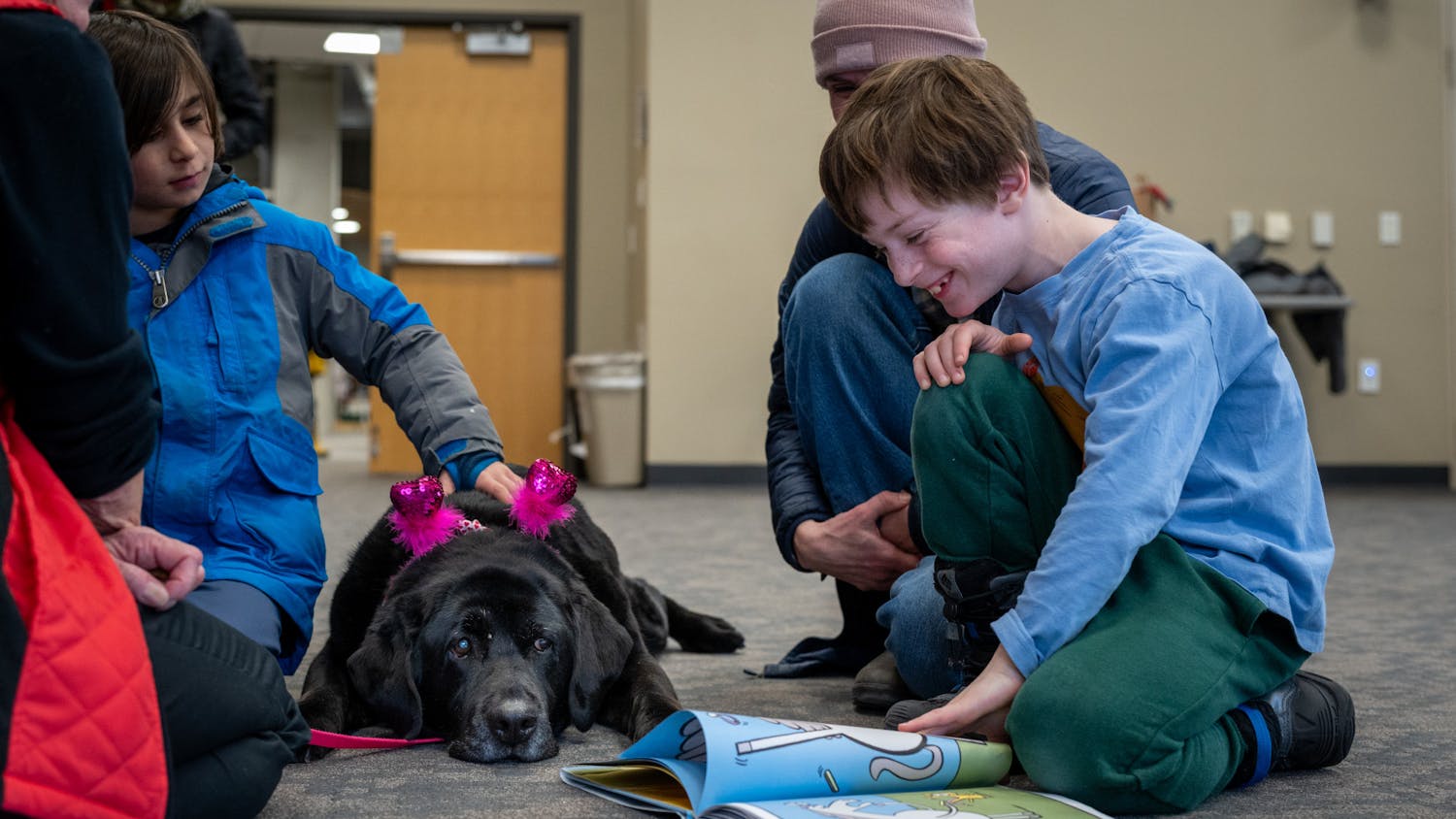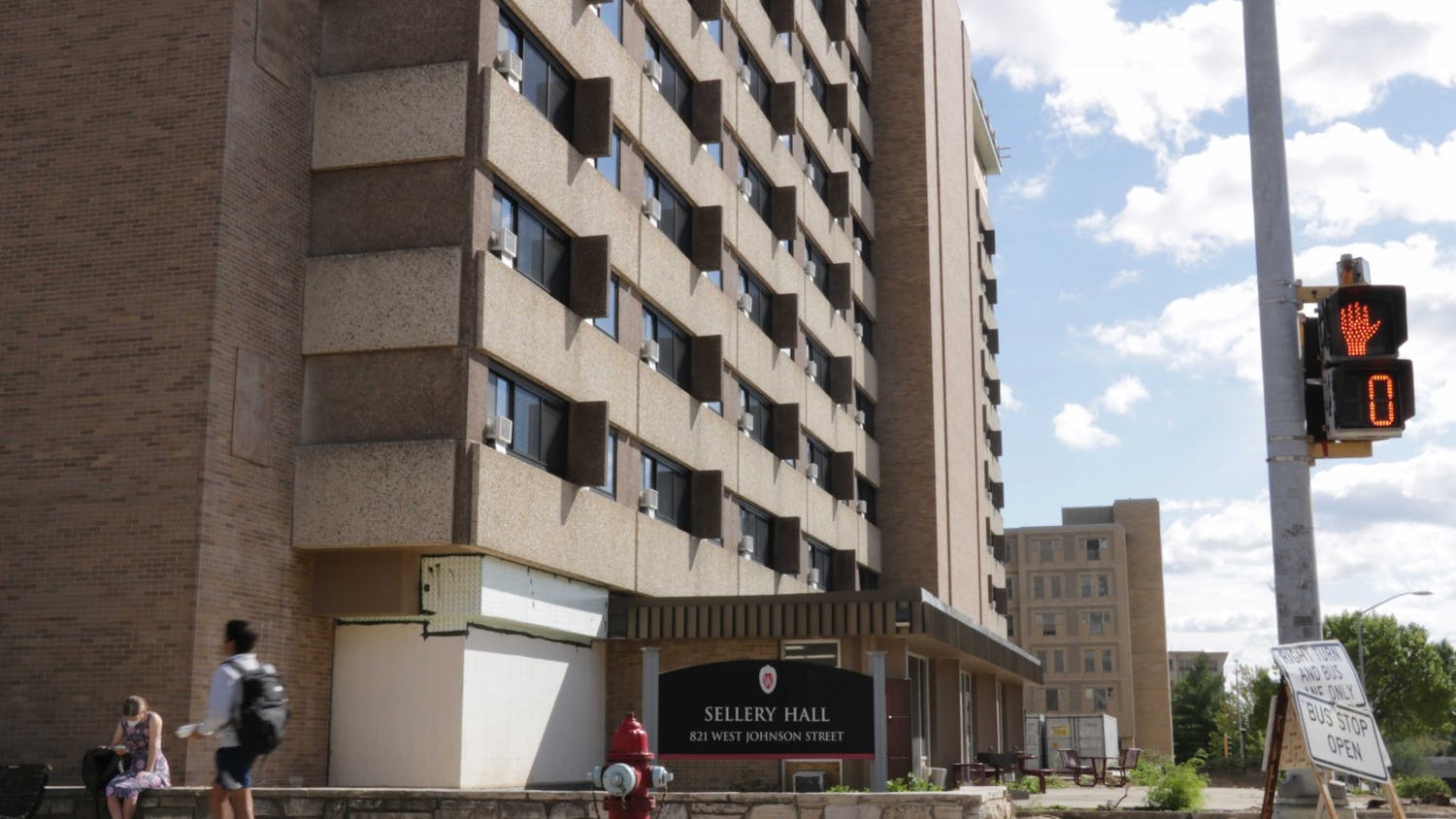MIT Professor and controversial political activist Noam Chomsky discussed U.S. foreign policy and human rights in Israel and Palestine at the Orpheum Theatre Tuesday.
His talk was part of a lecture series titled Israel-Palestine from Bush to Obama.""
""The question that presumably is on the mind of most people is, what's next?"" Chomsky said about the change in administration, noting that Obama ran his campaign on a promise of change and hope, yet has had very little to say about the situation in Gaza.
A two-state solution to the Israeli-Palestinian conflict is feasible aside from the U.S.'s refusal to support it, Chomsky said, recalling the 1976 proposal by a coalition of Arab states to the U.N. Security Council.
""When the United States vetoes a [U.N.] resolution, it's a double veto. First it doesn't happen, and then it's wiped out of history,"" he said.
He also spoke of war crimes, stating that in practice, international law does not apply to the most powerful nation in the world, and that the U.S. government uses international law to indict its enemies while breaking those very laws itself.
He said the information on the Israeli-Palestinian conflict in the American mainstream media has been skewed by ""powerful governments and obedient intellectuals.""
The solution to the conflict, according to Chomsky, is simply for Israel to agree to a ceasefire and ""stop the criminal activities in the West Bank."" He said Israel's use of force on the West Bank is unlawful, as peaceful means of settling the dispute have not been exhausted.
Although a reasonable solution to the conflict is simple and feasible, Chomsky said, the conflict will continue until the U.S. government changes its position on the issue and this will not happen as long as the American people accept that position.
Chomsky also paid a surprise visit to UW-Madison Professor Dreux Montgomery's history class on Tuesday morning to answer students' questions.





